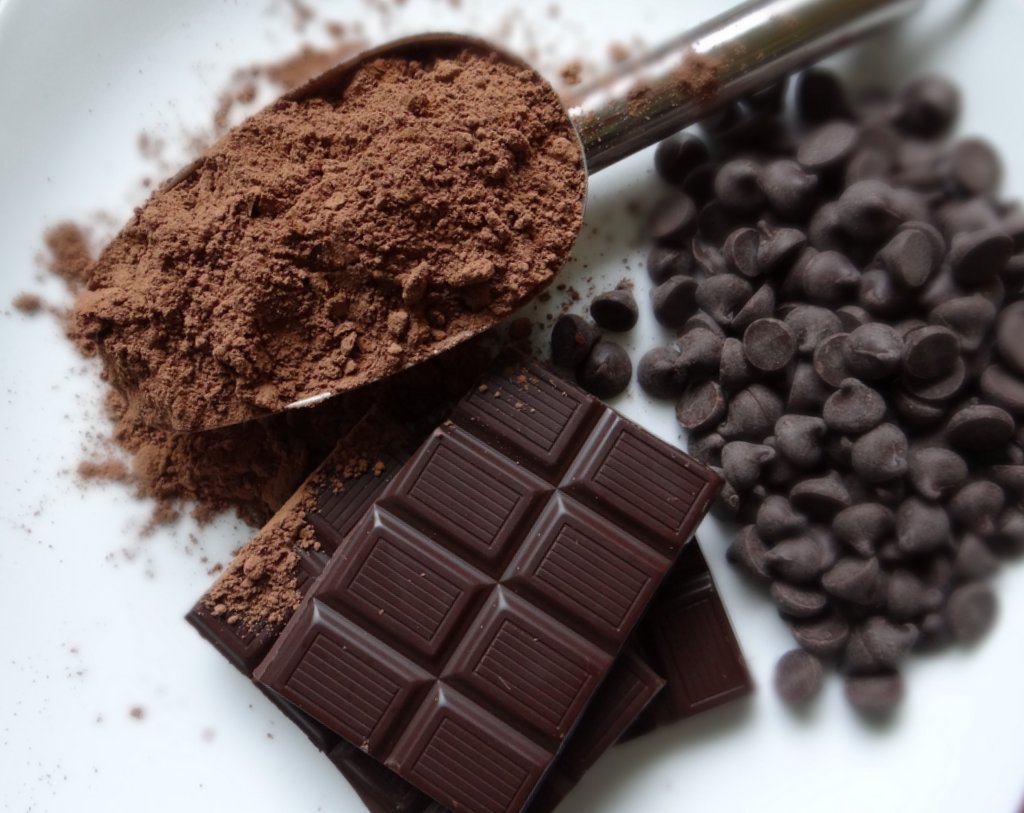Cocoa, a beloved ingredient in countless culinary delights and a powerhouse of nutrition, has a rich history that spans centuries. From its ancient roots in Mesoamerican civilizations to its modern-day global popularity, cocoa has evolved from a sacred beverage to a versatile food with remarkable health benefits.
Unveiling the Health Benefits of Cocoa
At the heart of cocoa’s appeal lies its impressive array of health-promoting properties. Packed with antioxidants called polyphenols, cocoa offers a significant boost to overall well-being. Research has consistently demonstrated its potential to support heart and brain health, making it more than just a delicious treat.
Antioxidants and Heart Health
The flavonoids in cocoa are particularly noteworthy. Clinical studies have shown that regular cocoa consumption can:
- Lower blood pressure
- Improve blood flow
- Reduce the risk of cardiovascular diseases
- Potentially lower bad cholesterol levels
Cognitive Benefits
Beyond heart health, cocoa shows promising effects on brain function. Research suggests that the flavonoids in cocoa can:
- Enhance cognitive performance
- Improve mood
- Potentially reduce the risk of neurodegenerative diseases
Nutritional Profile of Cocoa
Cocoa is more than just a delicious ingredient—it’s a nutrient-dense food. It contains a impressive mix of macronutrients and micronutrients that contribute to its health benefits.
Macro and Micronutrients
A typical serving of cocoa provides:
- Protein: Essential for muscle repair and growth
- Minerals: Magnesium, iron, zinc, and copper
- Vitamins: B-complex vitamins that support energy metabolism
A Journey Through Cocoa’s History
The story of cocoa is as rich as its flavor. Originally cultivated by the Mayans and Aztecs, cocoa was considered a divine gift. They prepared it as a bitter drink, often mixed with spices, and used it in religious ceremonies.
European explorers discovered cocoa in the 16th century, transforming it from a sacred beverage to a global commodity. Today, countries like Ivory Coast and Ghana lead global cocoa production, supplying over 60% of the world’s cocoa beans.
Culinary Versatility of Cocoa
From decadent desserts to savory dishes, cocoa’s culinary potential is vast. Bakers and chefs worldwide leverage its rich, complex flavor in numerous recipes.
Baking and Cooking
Some popular ways to incorporate cocoa include:
- Chocolate cakes and brownies
- Hot chocolate and smoothies
- Mole sauces in Mexican cuisine
- Dry rubs for meats
Choosing Quality Cocoa
When selecting cocoa, consider factors like:
- Organic certification
- Fair trade practices
- Cocoa percentage in chocolate products
- Minimal processing
Final Thoughts
Cocoa is far more than a simple ingredient—it’s a nutritional powerhouse with a fascinating history. Whether you’re seeking health benefits, culinary inspiration, or simply enjoying its rich flavor, cocoa offers something for everyone.
As research continues to uncover its potential, one thing remains clear: cocoa is a remarkable food that deserves a place in a balanced, health-conscious diet.





